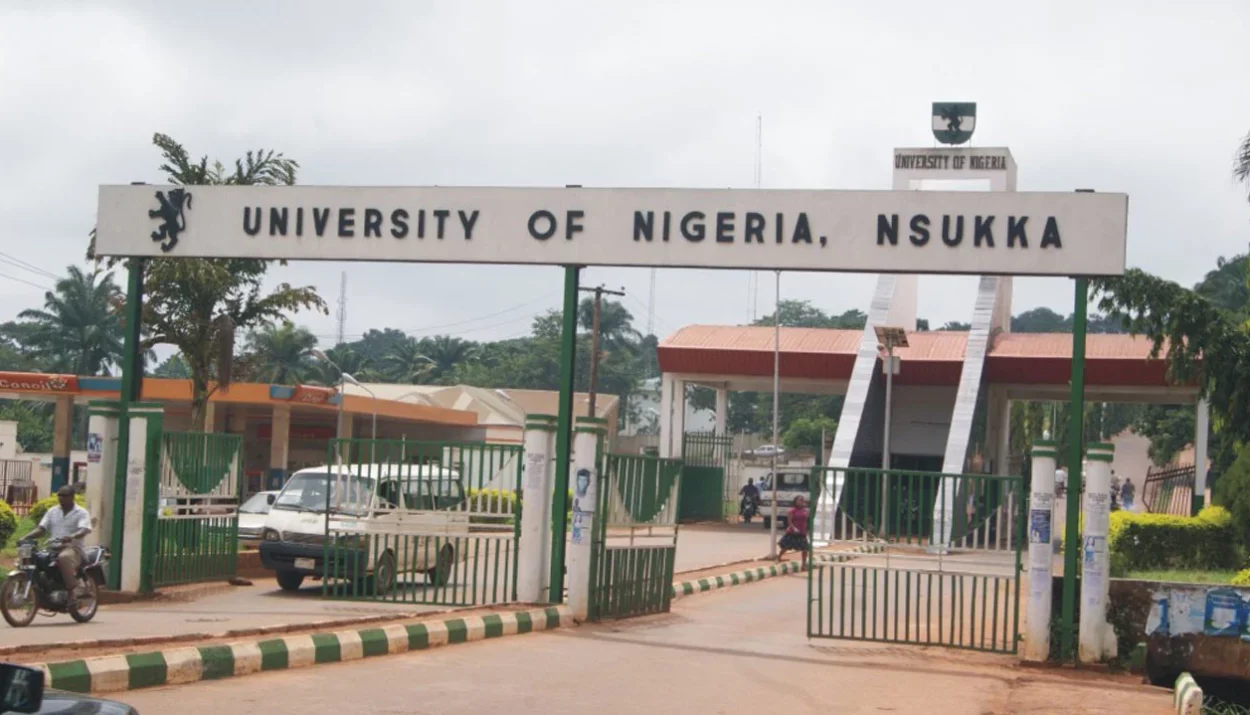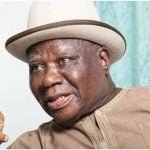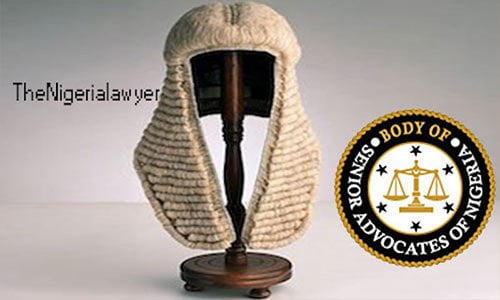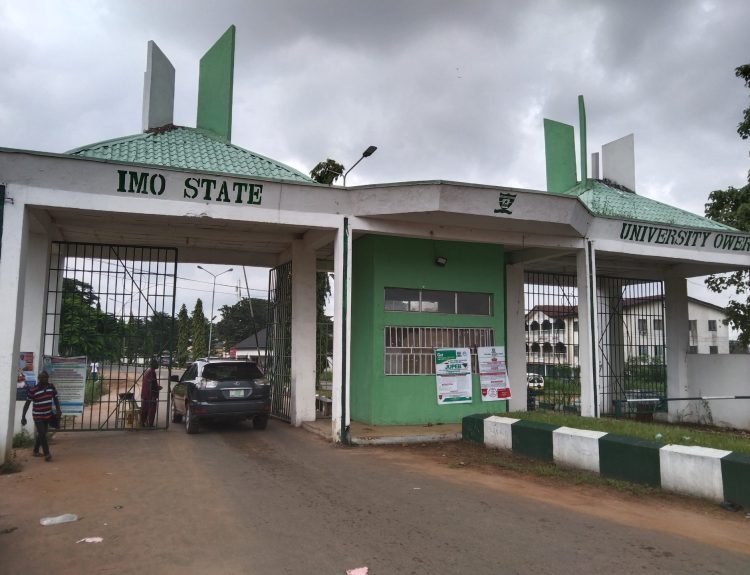The ongoing debate over the appointment of the next Vice-Chancellor of the University of Nigeria, Nsukka (UNN) has sparked fresh concerns about equity, meritocracy, and fair representation in leadership selection. Recent calls by Kpokotenu Nsukka for an Nsukka native to assume the position have raised critical questions about inclusivity and the undue dominance of certain states in the institution’s leadership history.
While local communities have a right to advocate for representation, prioritizing geographical origins over competence undermines the founding principles of fairness, excellence, and academic integrity that UNN stands for. A historical review of Vice-Chancellor appointments at the institution highlights a glaring imbalance, with Enugu, Anambra, and Abia States having enjoyed significant representation, while Imo and Ebonyi States remain excluded from this prestigious position.
Between 2004 and 2014, Enugu State occupied the Vice-Chancellor’s seat for a continuous 10 years, while Anambra and Abia States have collectively held the role for nearly 50 years. Beyond the Vice-Chancellorship, Enugu State natives currently dominate key leadership positions, including the Acting Vice-Chancellor, Deputy Vice-Chancellor (Administration), Registrar, Bursar, and Librarian. The university’s 15-member governing council further reflects this imbalance, with no single representative from Imo State.
This systemic exclusion raises concerns about regional inclusivity and the need for fair competition based on merit rather than parochial interests. The call for an Imo State candidate to be considered for the Vice-Chancellor position is not an appeal for favoritism but an advocacy for justice, diversity, and institutional balance. UNN, as a globally recognized university, must reflect national diversity and prioritize competence over geographical sentiments.
As the selection process unfolds, stakeholders must embrace a fair and merit-based approach to leadership, ensuring that all qualified candidates, regardless of state of origin, are given an equal opportunity to contribute to the university’s legacy of academic excellence.






